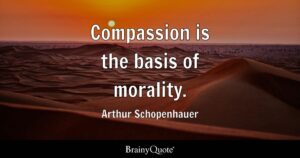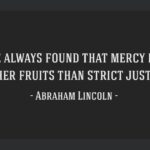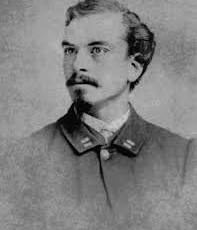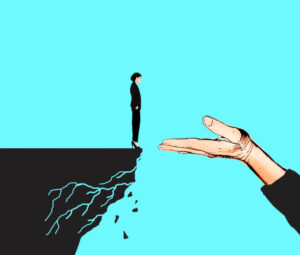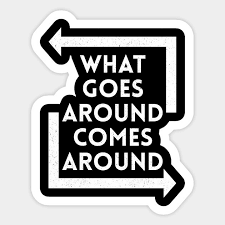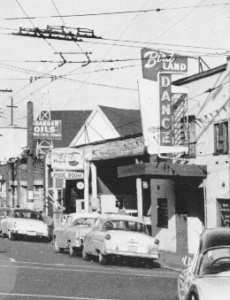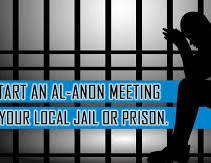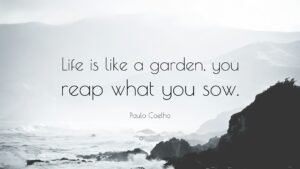This post is best viewed from the Just A Thought website. Please click here.
“Compassion is not a relationship between the healer and the wounded. It’s a relationship between equals. Compassion recognizes in another what we recognize in ourselves.” ~ Pema Chodrom
In all my years no virtue has come to make more sense to me than compassion, the willingness to act for the well-being of others.
Why?
Because we are all equally in need of compassion. We are all, at various times, broken, weary, or lost.
It would seem that compassion is the moral principle undergirding a well-functioning society.
History is replete with illustrations of how one compassionate act births another.
For instance…
Lincoln issued 343 pardons, commutations, or rescinded convictions during the Civil War.
- He would save a life in order to save more lives.
- His compassion helped win the war.
Here is one such story.
Abraham Lower, Jr. was a young Union soldier who had been sentenced to death for desertion. He left his regiment to help his destitute family.
Lincoln reviewed Lower’s case and decided to issue him a pardon and send him back to his regiment.
When he was asked why, he said,
“I knew he would use his pardon well and in that conviction my mind was set to rest.”
Lower went on to serve the country honorably and successfully entrapped and arrested a gang of blockade runners, stopping the illegal transport of ammunition.
Years later he recalled, “If it hadn’t been for Lincoln’s mercy, I would have never had the chance to prove myself. His decision changed everything for me.“
A compassionate act can change history.
These days we are sorely in need of compassion.
Think about it. How many times has someone saved you just as you were ready to fall off a cliff?
I saw compassion play out hundreds of times in my 12-step work — but never more so than in correctional institutions.
These places are filled with people who have actually tumbled off the cliff and landed in a very dark and unforgiving place.
Correctional facilities tend to adhere to the principle of “an eye for an eye.”
But even in this harsh environment I witnessed compassionate behavior unfamiliar to me in the outside world.
It is while incarcerated that many come to experience real compassion for the first time.
- for themselves
- for others
Some find sobriety during incarceration. In working the 12 Steps they come to experience the indescribable freedom from addiction.
In doing so, they become bound to the principle of — YOU KEEP WHAT YOU GIVE AWAY.
- Compassion rendered
- Compassion received
Compassion helps them survive their time in prison.
The 12-Step program is in its very nature compassionate.
Step Twelve:
“Having had a spiritual awakening as the result of these steps, we tried to carry this message to alcoholics, and to practice these principles in all our affairs.”
One inmate in particular impressed me with his compassion.
His name was Cy, a musician who killed a man in a drunken brawl outside a Jazz club in Seattle.
He was serving a life sentence.
He got sober in the penitentiary through AA and was so transformed by the experience he spent all his time in confinement engaged in service work.
Cy understood sobriety could light up even the darkest life.
Over the course of his two decades of compassionate sponsorship he brought light into the lives of hundreds of inmates.
I met up with him when he was scheduled for parole.
When I asked what he would do once released he said, “Exactly what I’m doing now — service work.”
He planned to find work nearby and return to the prison as an AA volunteer.
Hasn’t it been proven time and again that an eye for an eye only ends up creating more blindness?
From what I’ve seen compassion is the better remedy for a transgression than retribution.
When we make others the object of our compassion, life finds a way to make us the object of theirs.
Pretty simple.
Just a thought…
Pat

